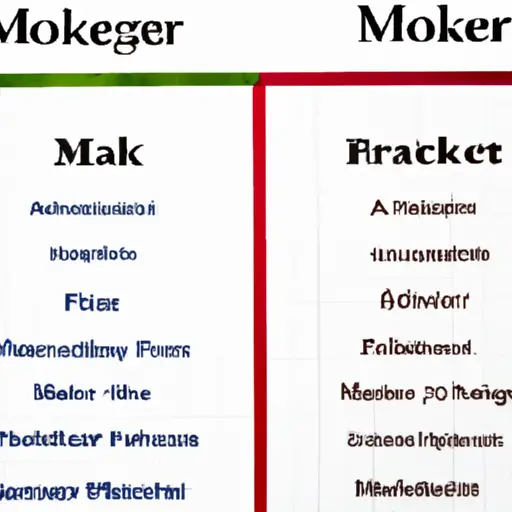Product Market is the marketplace wherein the final goods and services are being sold to the public sector and various types of businesses. It focuses mainly on the sale of the finished product. The product markets depend on the operation of supply and demand in order to discern prices. In short, the increase in demand can steer to the product’s price increase. Read this one guide for the Product Market Debunked. Meanwhile, the Factor Market is a place where the factors that are needed for a production like the capital, land, and labor can be bought and sold. An increase in product supplies can basically heighten the demand for labor that can lead to employing more employees. The combination of the different kinds of factor markets along with the market of services and the products sets a closed-loop on how money is percolating. Difference between Product Market and Factor Market
So What is the Difference between Product Market and Factor Market?
1. The product market refers to the buying and selling of various kinds of commodities.
The stock market is an exceptional vehicle for traders to use for elevated leveraged futures contracts in order to make profits from just a fairly neat movement in price. Markets play higher or lower depending upon the rate of demand.
2. The agreement for buying and selling of the factors of production is the factor market.
The land is one of the key factors of production wherein it is not just the physical property but all the natural resources in it. Labor is the number of workers contributing to the production cycle. Capitals are either devices or wealth used in the production of goods and services.
3. The product market comes mainly from households.
It is a circular flow wherein the households provide laborers for the company. Then the company pays the salaries of workers. From the salary of the household, they buy the goods from the company, which means the business is the one that supplies products for that family. When the demands get higher, the household provides further manpower to the firm.
4. Due to the increase in demand, the factor market is tapped to hire more workers.
When the demand for the product is heightened, the firm’s tendency is to hire more workers but the product market does not operate this way.
5. The primary merchants of produced goods are the various kinds of companies.
The produced goods are sold to businesses, and these firms are the ones responsible for selling them for the public interest.
6. The growth in need of the product directs to the increased need for factors of production.
When there is a change in the system, new products are required and this brings about the need for factors of production. The factor market does not experience this kind of change. For example, due to the high demand for mobile phones, there had also been a boosted need for the raw materials needed in making batteries.
7. The demand for the product is an immediate demand.
The product is bought for its intrinsic purpose. The higher the demand for a certain product, the bigger the workforce they will require. The factor market does work with immediate demand.
8. The product market facilitates the trade of goods and services in the economy.
The basis of product market is natural transactions that can be made with a wide range of places, but this is not the case as per the factor market.

